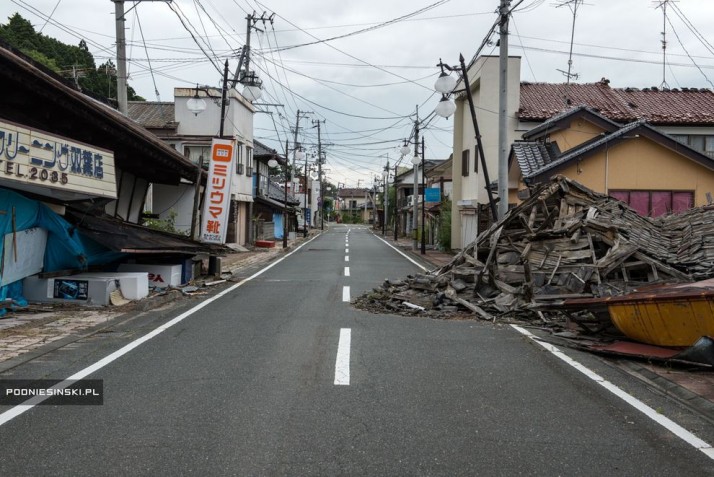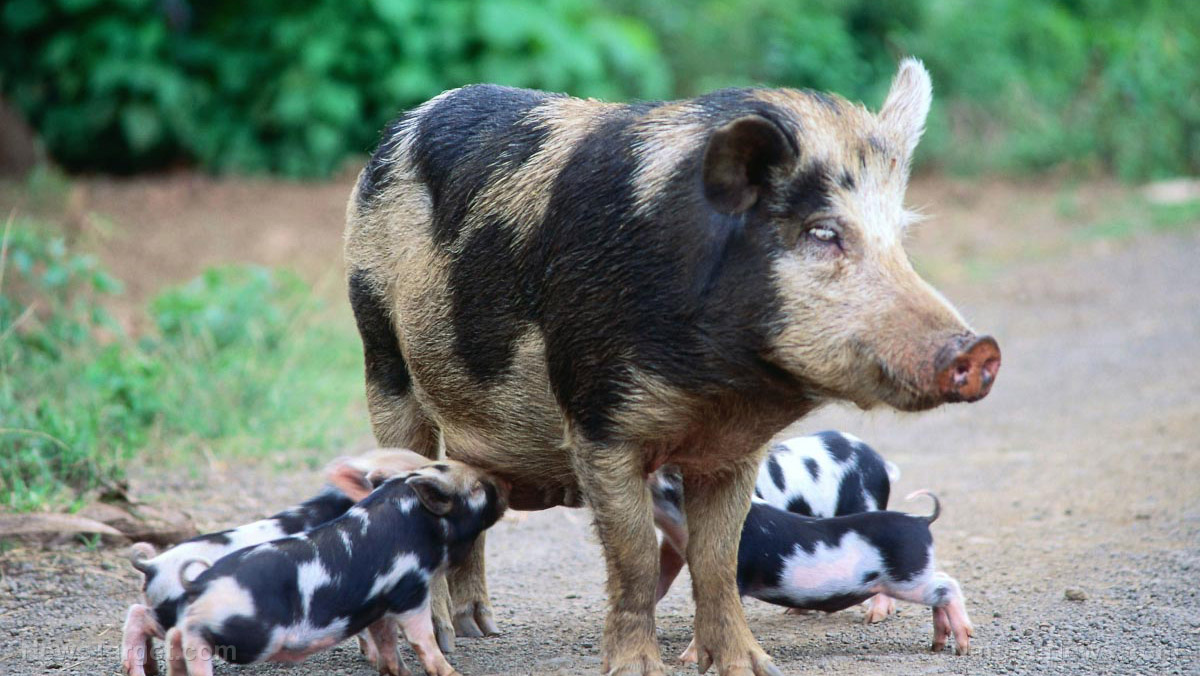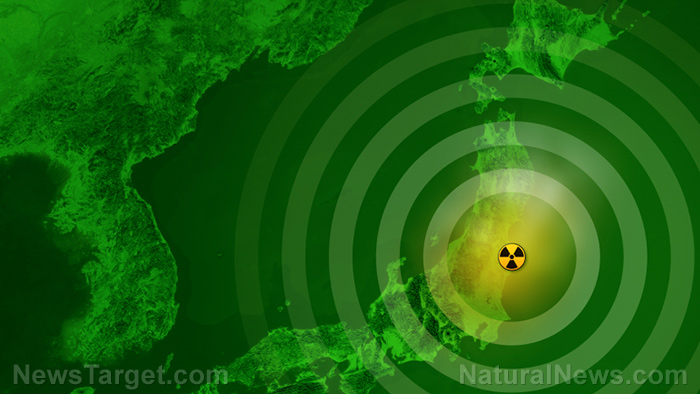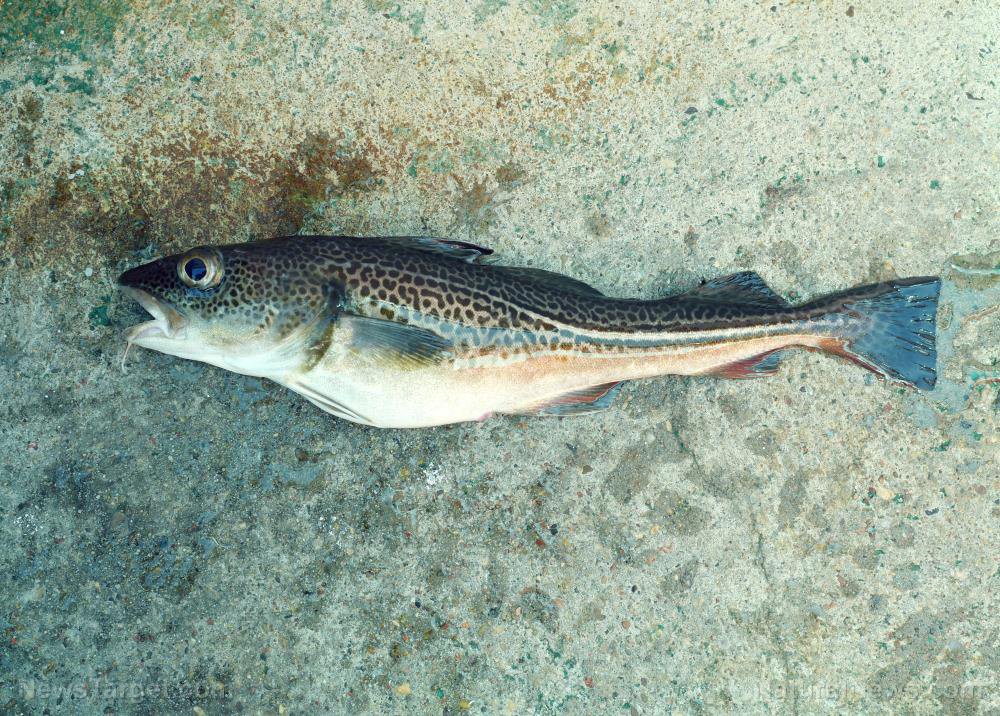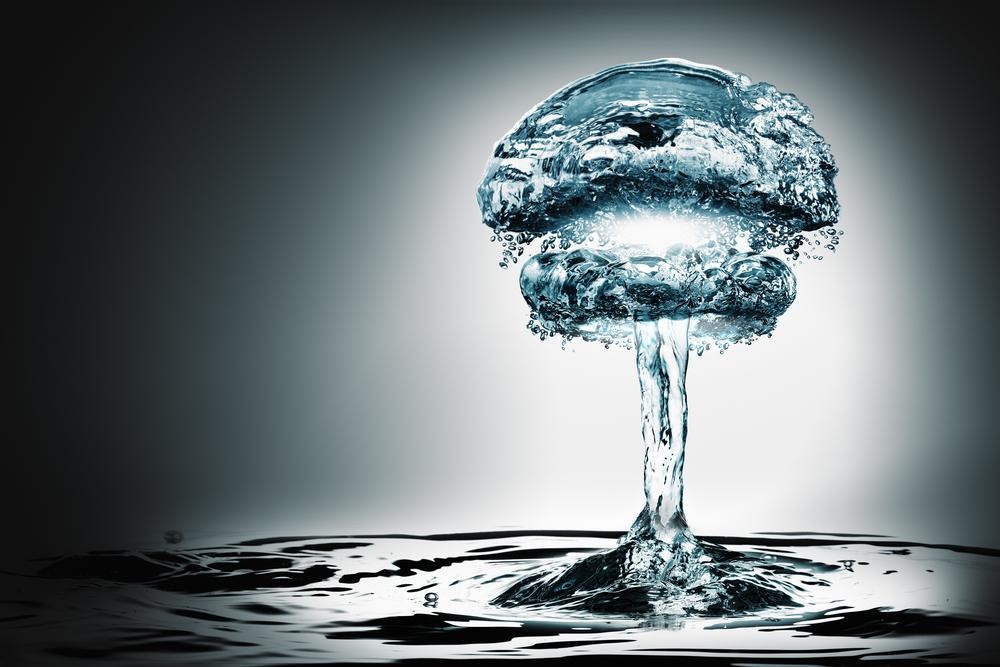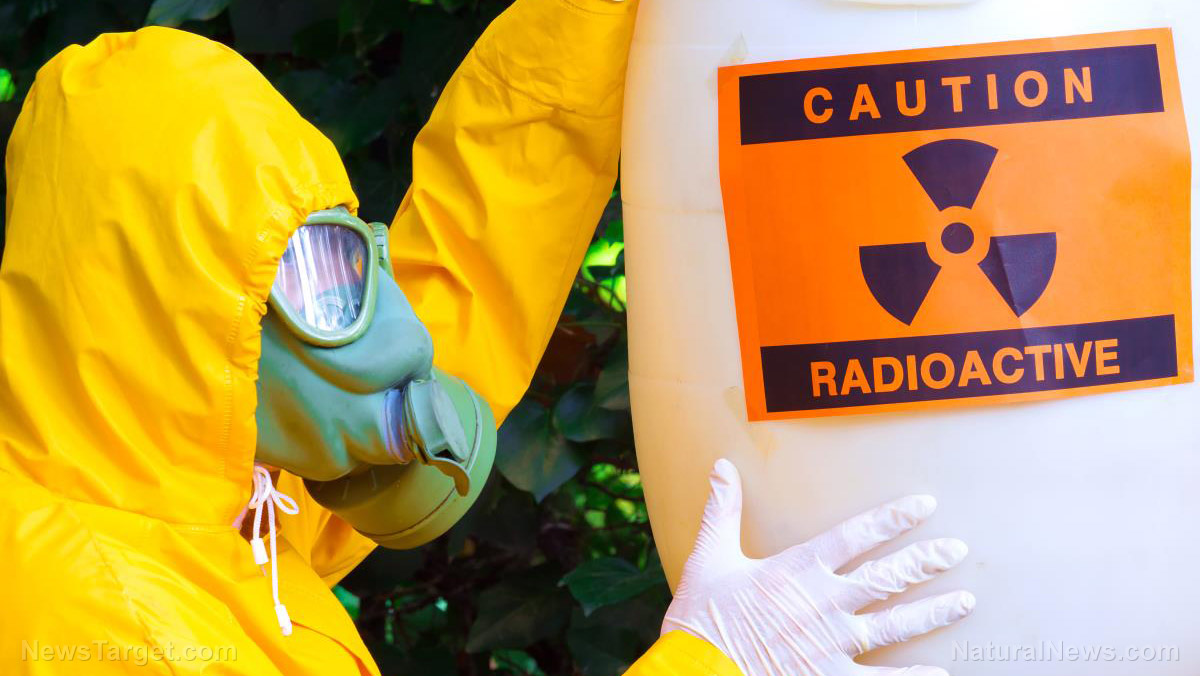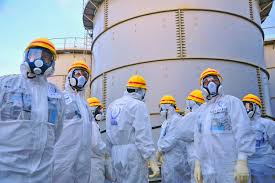Mysterious “ectoplasm from Ghostbusters” coats West Coast where sea life once thrived
08/21/2015 / By Chris Draper
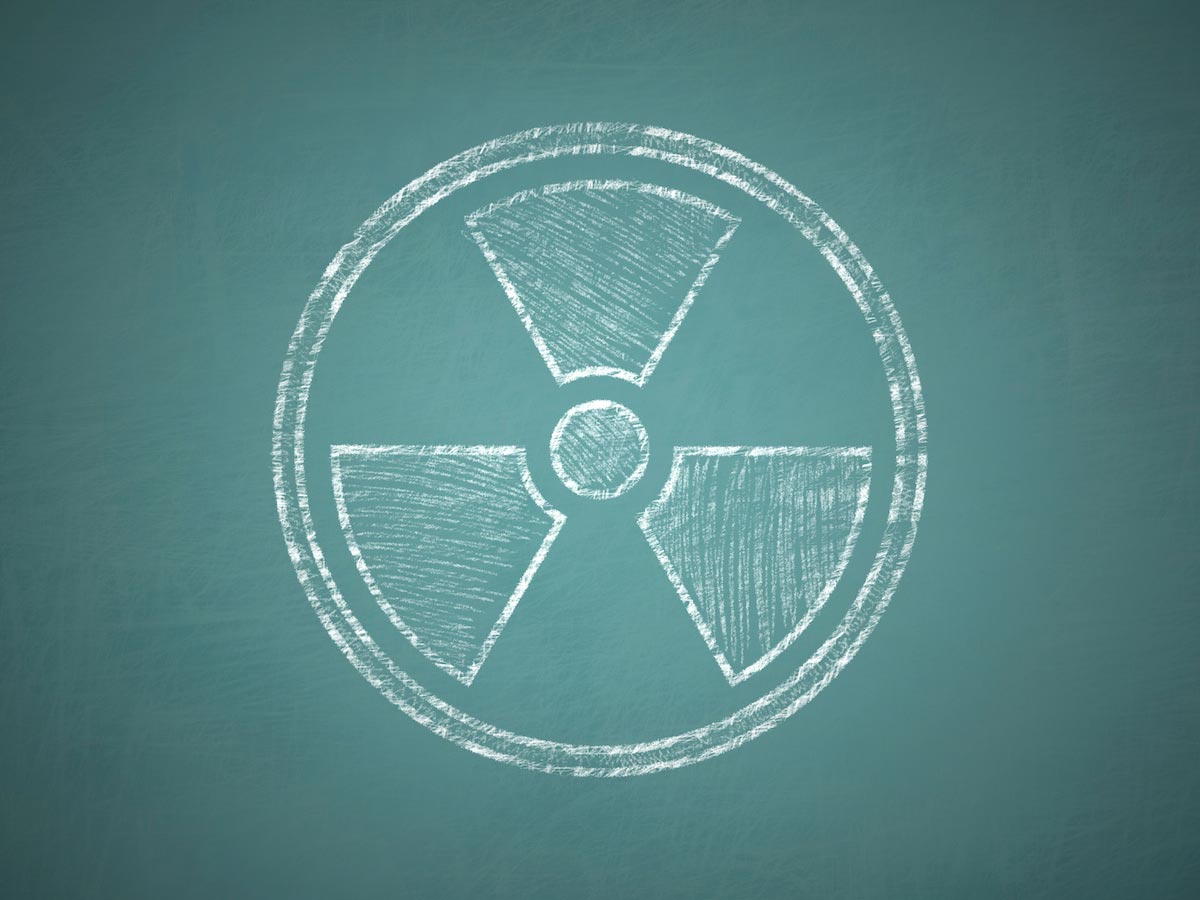
A mysterious green goo is haunting the West Coast. Local fishermen have dubbed the mystery goo as “mud” for its thickness and muddy color, and have attributed it to this year’s abysmal salmon season.
Fishing nets have been pulling in more mud than Nass River sockeye. According to Canada’s Department of Fisheries and Oceans (DFO), the green slime is actually the goo of a type of algae called phytoplankton.(1)
Phytoplankton are foundational to the food chain, since they attribute to the first forms of food. Smaller fish graze on phytoplankton, which are consumed by larger predators. In the event of a massive bloom, the carcasses of phytoplankton fall to the seafloor. Through photosynthesis, phytoplankton usually feed the ocean oxygen. The bacteria that decompose the phytoplankton can starve the ocean of oxygen, which suffocates fish and leads to waters devoid of life known as “dead zones.”(2)
Abysmal salmon season
Predictions for the size of sockeye runs are based upon the number of spawning females four years prior, since salmon usually return to native rivers to spawn about every four years. These predictions are used to decide how many fish to allocate for commercial fishing.
Sockeye numbers are dreadful this year. Approximately 775,000 sockeye were expected to return. British Columbia’s seine and gillnet fleets were expecting an allocation of an estimated 200,000 Nass River sockeye. This year, however, fishermen can expect an allocation of 60,000 fish or less.(3)
Commercial fishermen were hoping for an allotment of 900,000 sockeye salmon from the Skeena River. To their dismay, only 130,000 fish out of an anticipated 3.5 million had returned.(3)
It’s not just that fishermen aren’t making money; they’re spending money with no return. It costs nearly $500 to fish. When only 10 fish are caught, the fishermen actually end up losing money. There is no such thing as a free lunch, especially when it comes to fishing for salmon. The fishermen are writing a check that their nets can’t cash.(4)
Infamous blob the culprit behind green goo
The mainstream media has attributed the lack of salmon to rising ocean temperatures. In particular, scientists have been tracking a warm body of water known as “the blob” in the Pacific Ocean that stretches 1,000 miles in diameter and 300 feet deep. The blob is causing a chink in the food chain and disrupting fish migrating patterns.(5)
Sockeye salmon are extremely sensitive to warm water. In addition, the river that the Sockeye migrate to has been lower than usual. There is no doubt that the blob is tied to this year’s poor salmon season.
But what is responsible for the infamous blob? The mainstream media attributes the rising temperatures to global warming. Scientists have been tracking the blob since 2013. The problem is that the blob has warmed to quickly to be solely attributed to global warming.
One possible explanation for the blob is the Fukushima disaster that occurred in 2011. A tsunami struck the Fukushima Daiichi site, which damaged three nuclear reactors and severely damaged a fourth reactor. Since the debacle, the nuclear reactors have been releasing hundred of tons of radioactive waste into the Pacific Ocean. The radioactive isotopes from disaster are beginning to bombard the West Coast. The blob just so happened to be discovered about two years after the Fukushima disaster. The radioactive decay of cesium-137 and other radioactive isotopes could be warming the ocean, and attributing to the rise in dead marine life. Meanwhile, the mainstream media continues to downplay the disaster in an effort to mitigate fears.
Mitigating fear does nothing to help people prepare for a disaster, especially for fishermen. The green goo is just one phenomenon among many that the blob can be expected to ensue.
Sources include:
(1) http://www.thenorthernview.com
(2) http://www.theglobeandmail.com
Submit a correction >>
Tagged Under:
algae, ectoplasm, goo, Pacific Ocean, phytoplankton, warm blob, West Coast
This article may contain statements that reflect the opinion of the author
RECENT NEWS & ARTICLES
COPYRIGHT © 2017 FUKUSHIMAWATCH.COM
All content posted on this site is protected under Free Speech. FukushimaWatch.com is not responsible for content written by contributing authors. The information on this site is provided for educational and entertainment purposes only. It is not intended as a substitute for professional advice of any kind. FukushimaWatch.com assumes no responsibility for the use or misuse of this material. All trademarks, registered trademarks and service marks mentioned on this site are the property of their respective owners.

